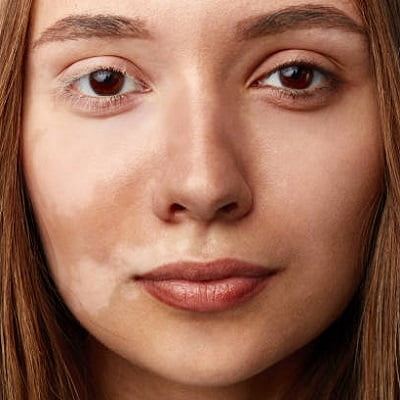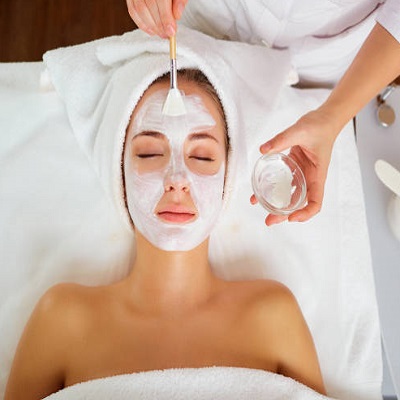
The presence of pigmentation issues, such as dark spots, uneven skin tone, and hyperpigmentation, often mars beautiful and radiant skin. Various factors, including sun exposure, hormonal changes, and inflammation, can cause these concerns. With many skin care Treatments for Pigmentation in islamabad available, it can be challenging to determine which is best suited for addressing pigmentation concerns.
This comprehensive blog will explore the most effective skincare treatments for pigmentation, helping you make informed decisions on the journey to more transparent and brighter skin.
First Understand about Pigmentation:
Before delving into the best skincare treatments, it’s crucial to understand the nature of pigmentation. Melanin, the pigment responsible for skin colour, can become unevenly distributed, leading to dark spots or patches.
Exposure to the sun’s harmful UV rays, hormonal changes, and inflammation can trigger the overproduction of melanin, causing pigmentation issues. By identifying the underlying causes, one can better choose an appropriate skincare treatment.
Topical Treatments for Pigmentation:
Vitamin C:
Vitamin C is a powerhouse antioxidant renowned for its ability to brighten and even out skin tone. By inhibiting melanin production and promoting collagen synthesis, vitamin C effectively addresses pigmentation concerns. Look for serums or creams containing stabilized forms of vitamin C for optimal results.
Retinoids:
Retinoids, vitamin A derivatives, are known for their cell turnover and exfoliating properties. By accelerating the removal of pigmented cells and promoting the growth of new, healthier cells, retinoids can significantly improve the appearance of pigmentation. Start with a lower concentration and gradually increase to avoid irritation.
Niacinamide:
Also known as vitamin B3, niacinamide is celebrated for its anti-inflammatory and brightening effects. It helps reduce the transfer of melanin to the skin’s surface, diminishing the appearance of dark spots. Niacinamide is well-tolerated by most skin types and can be incorporated into daily skincare routines.
Chemical Peels:
Chemical peels involve the application of exfoliating agents to the skin, promoting the shedding of damaged and pigmented cells. Alpha hydroxy acids (AHAs) and beta hydroxy acids (BHAs) are commonly used in chemical peels. A dermatologist can tailor the peel’s strength and formulation to address specific pigmentation concerns. Regular sessions can lead to a more even complexion.
Laser Therapy:
Laser treatments, such as intense pulsed light (IPL) and fractional laser, precisely target pigmented areas. These therapies break down excess melanin and stimulate collagen production, improving skin tone. Laser treatments are effective for more stubborn pigmentation concerns but may require multiple sessions and downtime for recovery.
Microneedling:
Microneedling involves using tiny needles to create micro-injuries in the skin, triggering the body’s natural healing response. When combined with serums or growth factors, microneedling can enhance the penetration of active ingredients and promote collagen production. This process can help fade dark spots and improve overall skin texture.
Prescription Medications:
Dermatologists may prescribe medications such as hydroquinone or corticosteroids for severe pigmentation issues. Hydroquinone inhibits melanin production, while corticosteroids reduce inflammation. It’s essential to use prescription medications under the guidance of a healthcare professional, as they may have potential side effects and require careful monitoring.
The Bottom Line!
Therefore, choosing the best skincare treatment for pigmentation involves understanding the root causes and tailoring a regimen to address specific concerns. While topical therapies like vitamin C and retinoids can be effective for mild pigmentation, more advanced issues may require professional interventions such as chemical peels, laser therapy, or microneedling.
It’s crucial to consult with a dermatologist at SKN Cosmetic Clinic Islamabad to create a personalized skincare plan that considers individual skin types, concerns, and goals. With the right approach, achieving a more transparent, radiant complexion is within reach, empowering individuals to put their best face forward.









